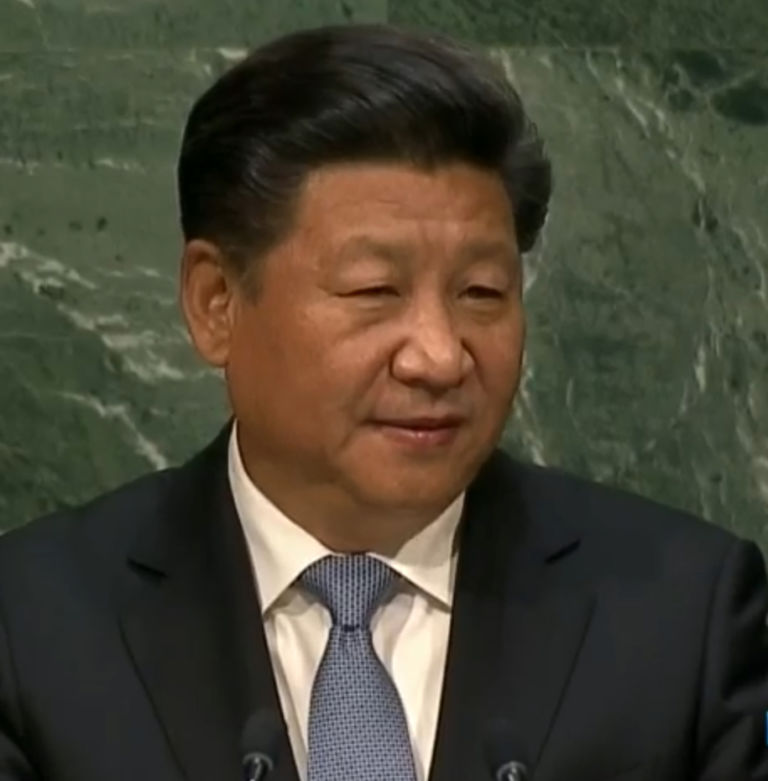Those who think the United States, including its military, has done more damage than good around the world might want to check out the latest Commentary magazine cover story from Tim Kane of the Hoover Institution.
Obama is actively uncomfortable exercising American power abroad, but he is entirely comfortable exercising centralized power at home. He believes that a strong central government is a moral force inside the United States, but he does not believe that American power is a force for good outside our borders. He is especially certain that American “boots on the ground” don’t do anyone any good—not us and not the countries to which they are deployed.
This is wrong. Indeed, it is tragically wrong. Having compared growth and development indicators across all countries of the world against a database of U.S. “boots on the ground” since 1950, I’ve discovered a stunning truth: In country after country, prosperity—in the form of economic growth and human development—has emerged where American boots have trod.
Unique among dominant powers in world history, America intervenes in the world not merely to advance its own narrow interests but to forward a greater good. And that is due in large measure to the belief that the greater good is in America’s national interest—that a freer and more prosperous world is one in which the United States will flourish.
After the Second World War, the United States established “what we might call a global economic and security commons,” in the words of former Secretary of State George Shultz. Billions of poor people experienced economic development thanks to their own efforts—and thanks to the Pax Americana that enabled them to do so. Without America, world economic output would not have grown from $5.1 trillion to $70.2 trillion in 70 years. World population would not have quintupled after 1950. And child mortality would not have been cut by two-thirds.
Critics call it empire. Academics call it hegemony. Some of its champions have called it unipolarity. But the data show a distinguishing feature beyond those descriptions: The projection of universal liberty has been the beating heart of U.S. foreign policy. But not for this president.


